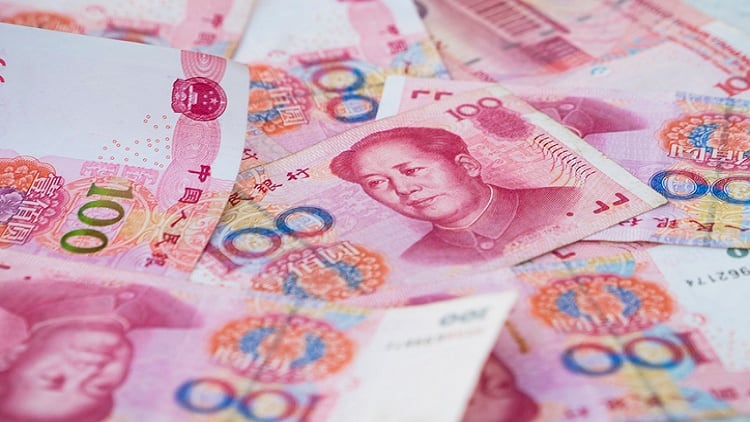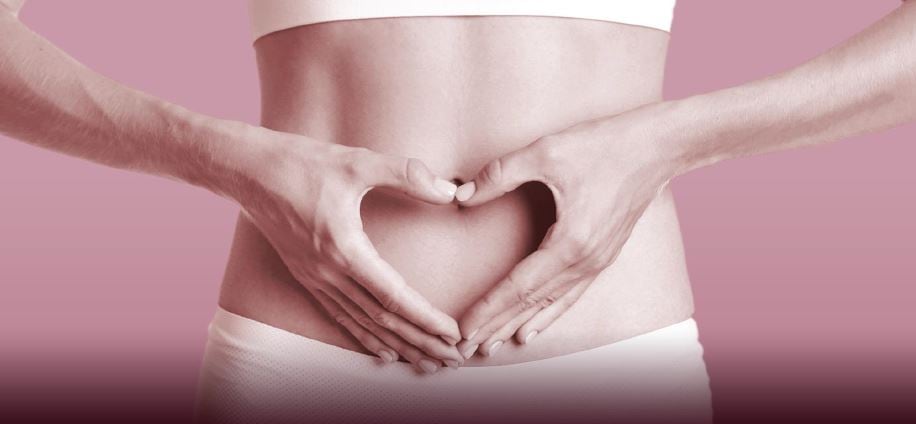The Japan Geriatrics Society defines frailty as a state of increased vulnerability in elderly people before the need for long-term care and estimates it affects 30% in persons over the age of 80.
At present, most clinical studies investigating Kampo medicines as frailty treatments are published in Japanese journals, with researchers stating: “such knowledge has not yet become global.”
They urged other researchers who were already working on Kampo medicine to “continue providing evidence that Kampo medicine is effective against frailty and ageing in order to spread the knowledge and facilitate its worldwide approval.”
Researchers from Japan and China recently collated 30 research, clinical studies and reviews detailing Kampo’s evidence on frailty and published it in the journal, Frontiers in Nutrition.
Kampo effect
Kampo Medicine is derived from Traditional Chinese medicine (TCM) and consist of various herbal products. Similar to TCM, it has been reported for its beneficial effects including fatigue and painrelief, reduction of infection in the respiratory tract, reduction of diarrhoea, nausea, and vomiting, and protection of the liver.
Kampo Medicine is administered using the Kampo theory, which involve analysing three main indicators, Qi (well-being, energy, illness, vigour), blood, and water levels in the body.
According to Kampo theory, abnormalities in these indicators would often lead to diseases.
For instance, unbalanced Qi levels result in hair loss, osteoporosis, incontinence, cold legs, itching, and difficulty in hearing. These are all considered to be causes of frailty and ageing. Hozai is a Kampo medicine often used to improve the loss of Qi and blood.
One example of Hozai is Ninjin'yoeito (NYT). NYT consist of 12 ingredients (Rehmannia root, Japanese angelica root, Atractylodes rhizome, Poria sclerotium, ginseng, cinnamon bark, polygala root, peony root, citrus unshiu peel, astragalus root, Glycyrrhiza, and Schisandra fruit).
NYT has been proven effective against weakness, general malaise, fatigue, anorexia, night sweats, coldness, and anaemia.
A meta-analysis by Nanami Sameshima Uto et al., previously reported that NYT improved cognitive function and depression in patients with Alzheimer's disease in addition to donepezil treatment, as well as treating appetite loss, weight loss, and respiratory symptoms among others.
Another meta-analysis by Takayama et al., reported that treatment with Kampo medicine would improve symptoms associated with frailty such as cough, gastro-intestinal dysfunction, urinary dysfunction, and dementia.
Some of the Kampo products used were Shoseiryuto and Bakumondoto for cough, Rikkunshito for fatigue, Keishikashakuyakuto for gastro-intestinal dysfunction.
According to researchers, studies on Kampo medicine for geriatric patients should be continued, “Kampo medicine has been applied for disease prevention and maintenance of quality of life since ancient times and may continue to contribute to health in elderly individuals.”
“As a super-ageing society, the increased cost of medical insurance is a serious problem in Japan. The medical cost of Kampo medicine is relatively lower than that of Western medicine. This treatment can improve the target symptoms and contribute to holistic control of whole-body conditions.”
Global interest
The World Health Organization (WHO) also encouraged the integration of traditional medicine into the next edition of the International Statistical Classification of Diseases and Related Health Problems (International Statistical Classification of Diseases and Related Health Problems-11, ICD-11).
However, herbal medicines are still not fully accepted in clinical practice, and researchers say more evidence is required regarding the appropriate and safe usage of herbal medicines to be accepted as mainstream medicines.
Researchers hope that more international studies can be conducted studying the link between herbal medicines and frailty: “We believe that herbal medicines can become a mainstream treatment for frailty within a considerable period.”
Source: Frontiers in Nutrition
https://doi.org/10.3389/fnut.2020.00041
“Editorial: Frailty and Herbal Medicines- From Molecular Mechanisms to Clinical Efficacy”
Authors: Koji Ataka, et al.




